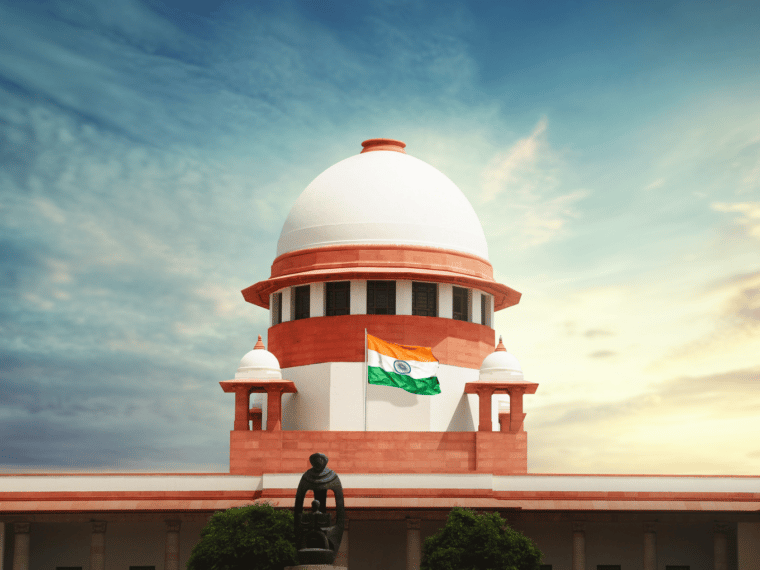
A vacation bench comprising Justice Aniruddha Bose and Justice Rajesh Bindal listed the matter for hearing on June 7
The Delhi government contended that the HC’s decision to stay the notified policy amounted to virtually allowing Rapido’s writ petition
On May 26, the Delhi HC barred the government from taking any coercive action against Rapido until specific norms related to the bike-hailing space were formulated
The legal sabre-rattling between the Delhi government and bike taxi platform Rapido continues to unfold.
A week after Delhi High Court (HC) stayed the Delhi Transport Department’s public order banning bike taxi services in the national capital, the Supreme Court on Monday (June 5) entertained the UT government’s plea challenging the HC order.
According to the news agency PTI, a vacation bench comprising Justice Aniruddha Bose and Justice Rajesh Bindal listed the matter for hearing on June 7.
Representing the Delhi government, senior advocate Manish Vashisht contended that the HC’s decision to stay the notified policy amounted to virtually allowing Rapido’s writ petition.
This comes days after the HC, on May 26, barred the transport department from taking any coercive action against Rapido until specific norms related to the bike-hailing space were formulated.
The order came in response to a plea filed by Rapido in the HC against an order issued by the Delhi government that banned the ride-bike taxi aggregator from offering its services in the national capital. The public order even warned platforms offering bike-taxi services that violations of the directive would invite a fine of up to INR 1 Lakh.
The HC is next expected to hear the matter on August 22. Besides, the Bengaluru-based bike taxi has also challenged a showcase notice, issued by the government, citing violation of various fundamental and constitutional rights.
Rapido Mounts Legal Challenge
In its petition before the HC, Rapido argued that the Delhi transport department’s public order was arbitrary and was passed ‘without any reason or rationale’.
The petition also claimed that the Delhi government’s conduct was ‘contrary to the intent and object’ of the union government concerning norms related to the issuance of licences to ride-hailing platforms.
“MoRTH (Ministry of Roads, Transport and Highways) Guidelines expressly allowed vehicle pooling in non-transport vehicles in furtherance of the central and state governments’ objective of reducing traffic congestion and automobile pollution and achieving effective asset utilisation unless it is prohibited by the state government,” the plea noted.
Flagging the lack of guidelines related to bike-taxis in the national capital, Rapido, in its petition, also claimed that the blanket ban on its services in the national capital impacted the lives and livelihood of its drivers and commuters.
Curiously, this comes a week after the Delhi government issued draft norms for bike taxi operators and sought public feedback on the proposed policy. The draft rules propose that bike taxis should only be allowed to ply on the roads on the condition that they be electric vehicles.
The move could have wide-ranging repercussions on ride-hailing platforms as it could render their entire fleet of two-wheelers non-operational. Besides, the rules also tighten their noose around bike-taxi drivers and impose a slew of conditions for operating such vehicles.
This is not the first time that ride-hailing companies have publicly sparred with local governments. Earlier this year, Maharashtra banned Rapido and subsequently refused to grant an aggregator licence to the company.




 Fintech
Fintech Travel Tech
Travel Tech Electric Vehicle
Electric Vehicle Health Tech
Health Tech Edtech
Edtech IT
IT Logistics
Logistics Retail
Retail Ecommerce
Ecommerce Startup Ecosystem
Startup Ecosystem Enterprise Tech
Enterprise Tech Clean Tech
Clean Tech Consumer Internet
Consumer Internet Agritech
Agritech




























